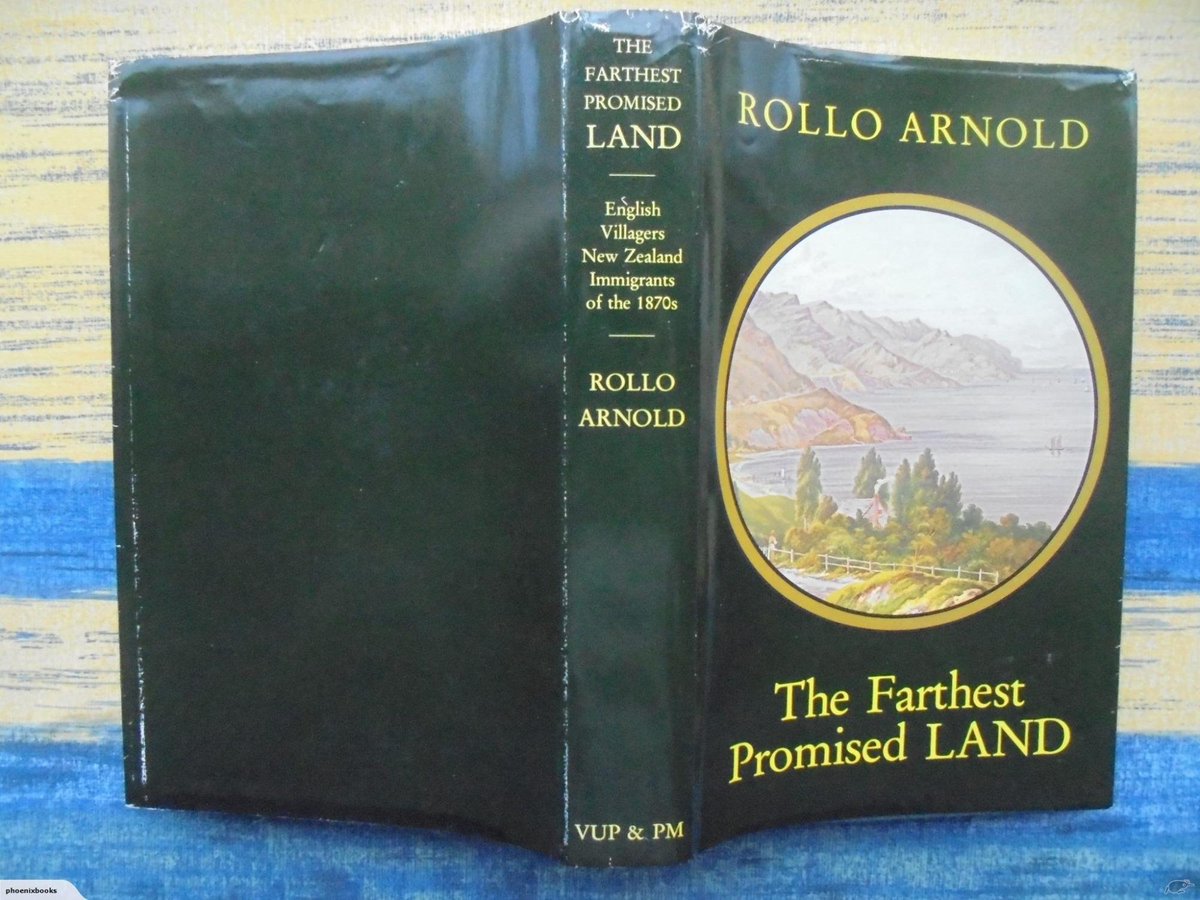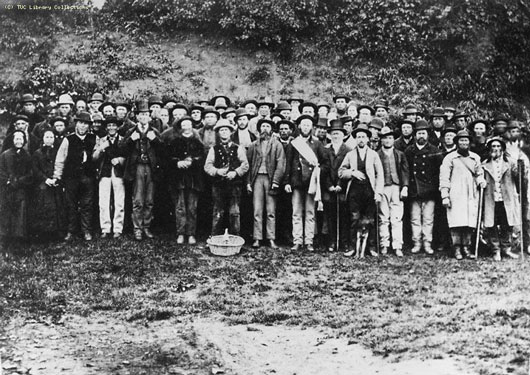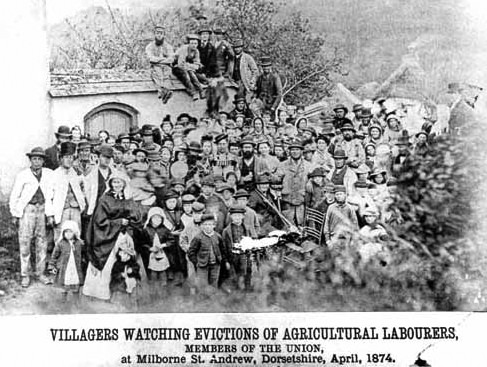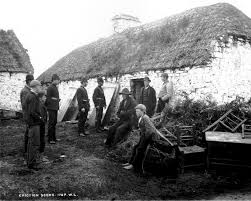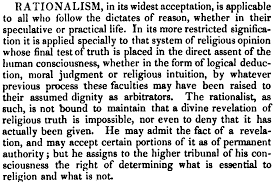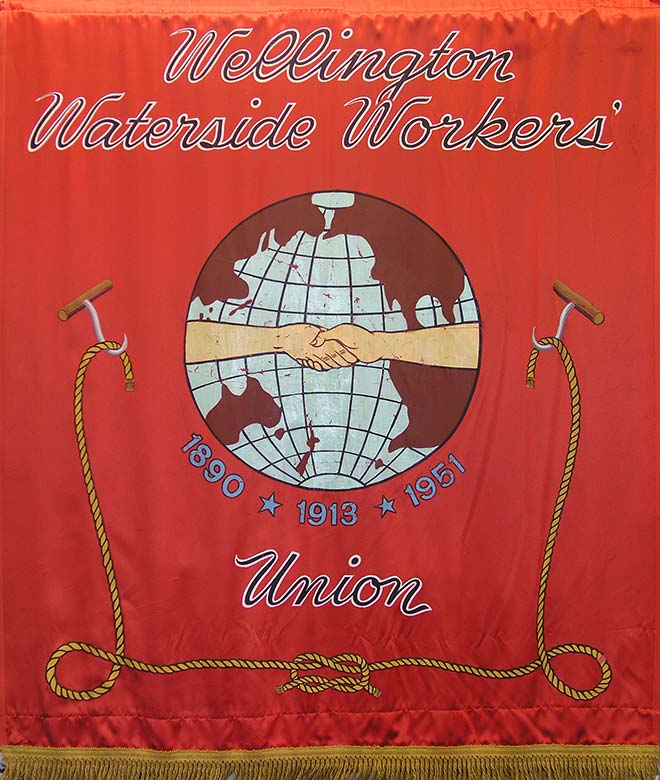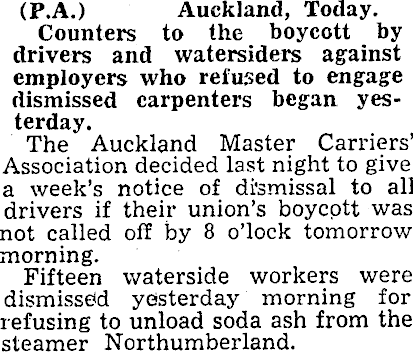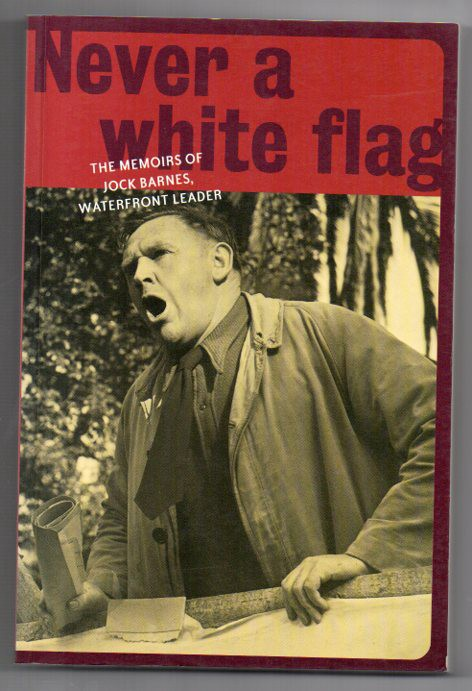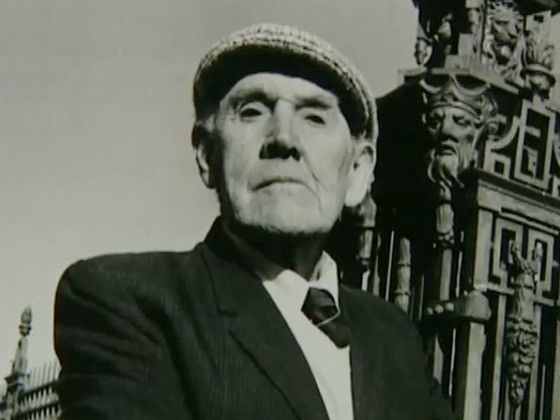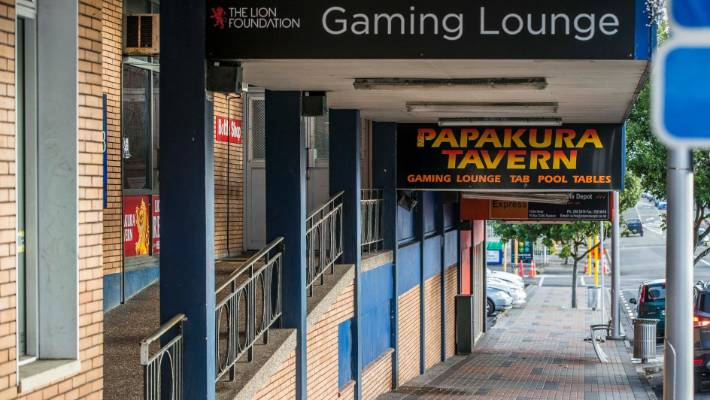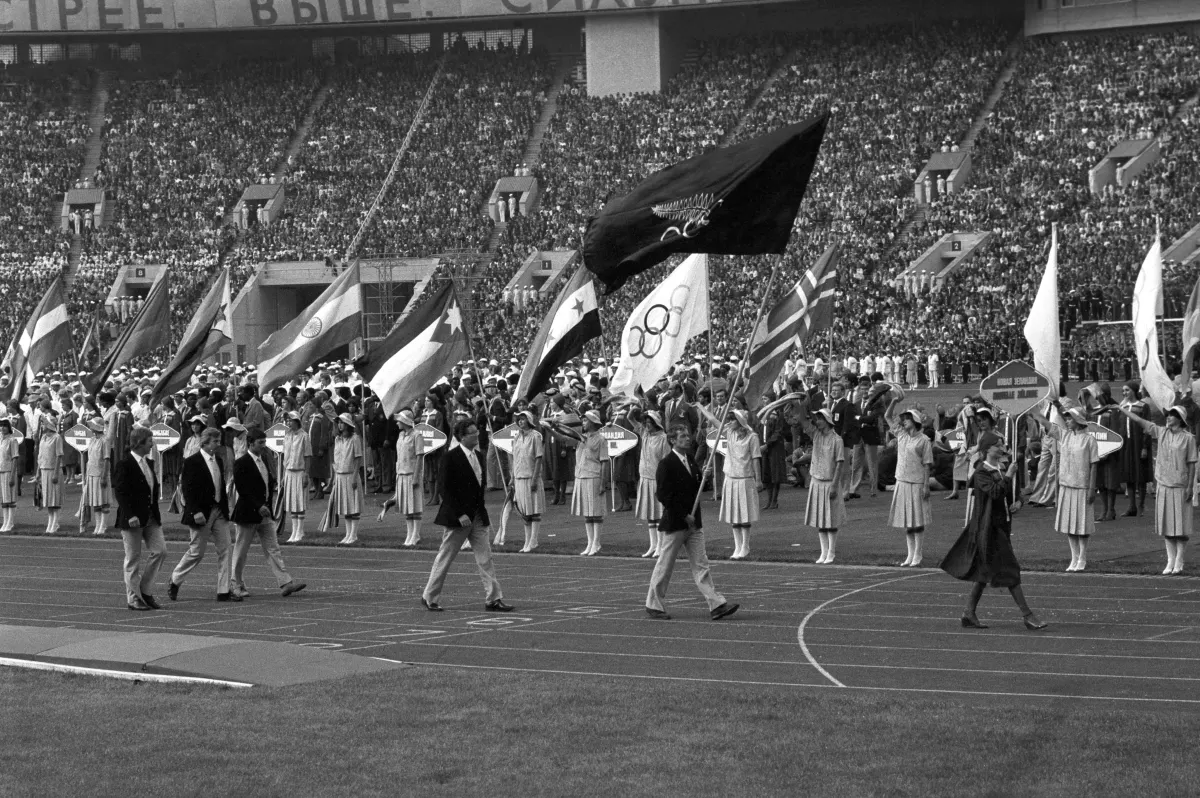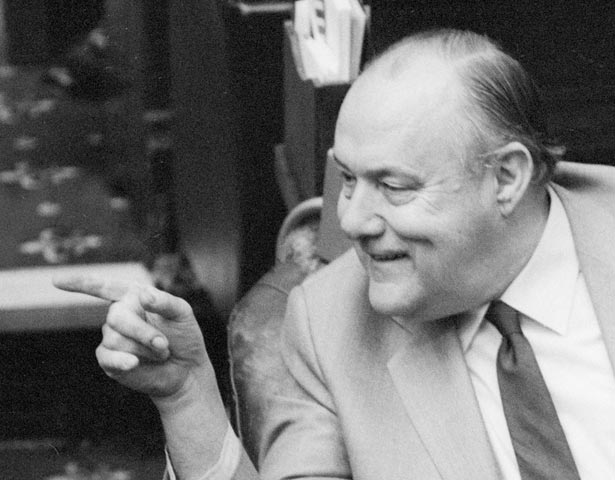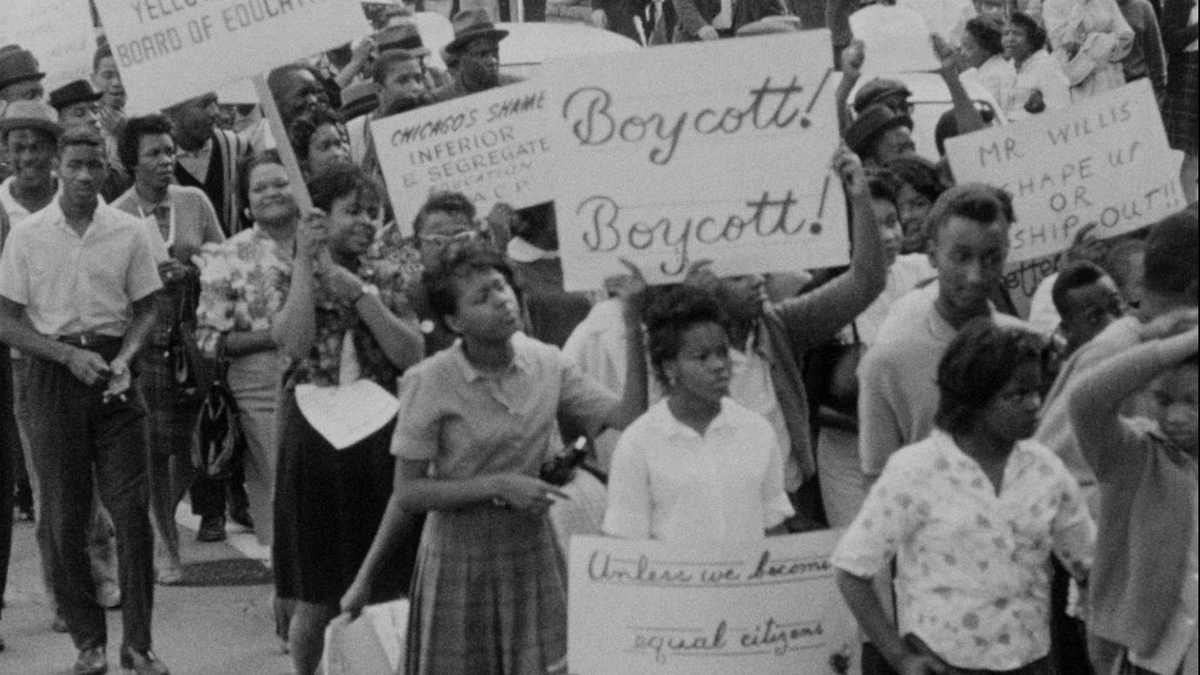1 Conservative commentators are decrying the departure of Banks & Plunket from Radio Magic, & warning of a sinister new phenomenon called 'Cancel Culture'. But boycotting is an old tactic in NZ, used by both left & right. Without it, NZ in its present form would not exist(thread)
2 Banks & Plunket have gone because people who dislike them threatened boycotts of Radio Magic's sponsors. Traditionally, the powerful & conservative have excelled at boycotting. Sometimes, tho, the less powerful have used the tactic to strike back.
3 In his book The Farthest Promised Land, Rollo Arnold examined the flood of migrants that came from the UK to NZ in the 1870s & changed our demographic balance. He found that many migrants were fleeing bosses' boycotts.
4 In the 1870s a series of protests called 'the revolt of the fields' spread through Britain & Ireland. As the post-war US rebuilt its rural sector & upped exports, global argricultural prices fell. Rural workers faced pay cuts; small farmers faced eviction. They protested
5 Confronted by strikes & land occupations, rural bosses called in the cops, & established a 'blacklist' of 'troublemakers'. Those on the list were denied lease land & jobs. With no prospect of earning a living, they were receptive to recruiters sent by the NZ government.
6 Arnold found that a very significant number of 1870s migrants to NZ had been blacklisted by employers back in the UK. But by 1880 the boycott tactic was being deployed by workers against the powerful.
7 Charles Boycott was an English land agent who was helping evict impoverished Irish farmers & sell their land. The Irish Land League led a campaign of shunning against Boycott. Shops would serve him; no one would talk to him. Boycott gave his name to a political tactic.
8 The blacklisting of workers by bosses began very early in NZ. Troublemakers were denied jobs. Propagandists for groups that were judged subversive, like the Communist party & the Rationalist Association, were sometimes denied venues & print space.
9 But workers also turned boycotting against bosses & against government policies they disliked. The Waterside Workers' Union, whose members occupied a highly strategic place in the economy, organised many boycotts. Many of them seem today admirable; others do not.
10 After World War One the watersiders organised boycotts of Asian labour. They walked off the job if a boss tried to deploy Chinese or Indian workers near the waterfront. In the '30s, tho, the watersiders engaged in a number of anti-fascist boycotts.
11 After Japan invaded China, the wharfies refused to load NZ scrap iron headed for Japan. They argued - correctly, as it turned out - that the iron would be used to make battleships that would eventually menace NZ.
12 In 1949 Fraser's authoritarian & increasingly paranoid Labour government deregistered Auckland's carpenters' union, which they claimed was a pawn of the USSR. Bosses followed by boycotting the carpenters; the wharfies & other unions hit bosses with a counter-boycott.
13 Jock Barnes, the legendary leader of the Waterside Workers' Union, was both an exponent & victim of cancel culture. Barnes led boycotts against bosses, but after his defeat in the '51 Waterfront Lockout he found himself first jailed & then blacklisted by employers thruout NZ
14 Jock & his wife Fuzz eventually moved to Taniwha, a settlement in the lower Waikato, & opened a laundry business. They had to become self-employed to earn an income.
15 Boycotts were a part of protests against racism in postwar NZ. After Henry Rongomau Bennett was denied service at Papakura Tavern in 1959, he protested publicly; his story became international news, & the pub relented under threat of a boycott.
PM Muldoon is famous for letting the Springboks tour NZ in 1981, in defiance of the international movement to boycott South Africa. But Muldoon was prepared to use sporting boycotts when it suited him. In 1980 he bullied most NZ athletes into withdrawing from the Moscow Olympics.
17 The threatened boycott of Radio Magic sponsors is not some new phenomenon, but simply another use of a very old political tactic - a tactic that belongs to both the right & the left.
18 Over the last year I've supported boycotts against Bully Hayes Tavern, whose name celebrates a slaver & paedophile, & Mercy Gallery, whose owners stole sacred Maori symbols & put them next to neo-Nazi banners & slogans. I haven't advocated state action against either outfit.
19 For me, the good thing about the Hayes controversy was the opportunity it provided to talk thru the media to a mass of NZers about the Pacific slave trade. I have not been closely involved in the Mercy Pictures campaign but recently got an interesting report.

 Read on Twitter
Read on Twitter